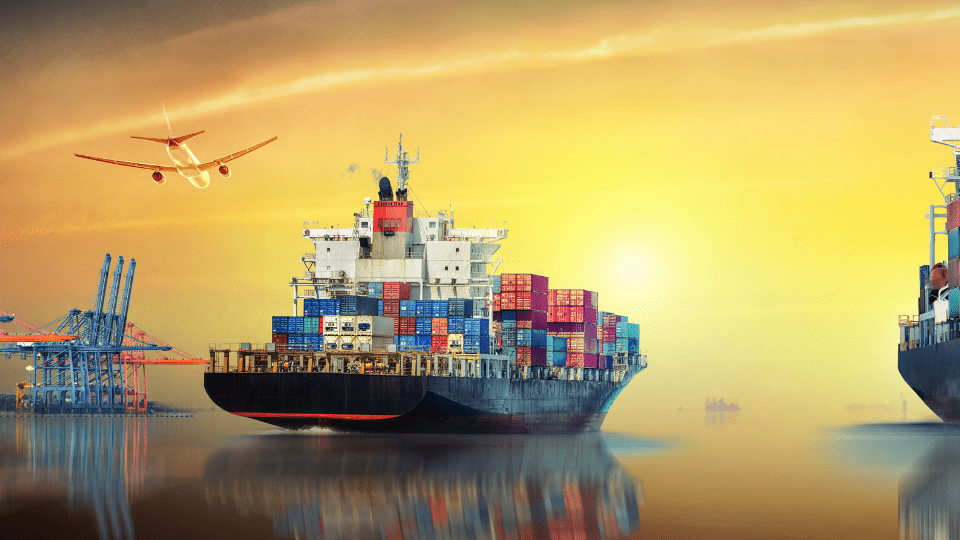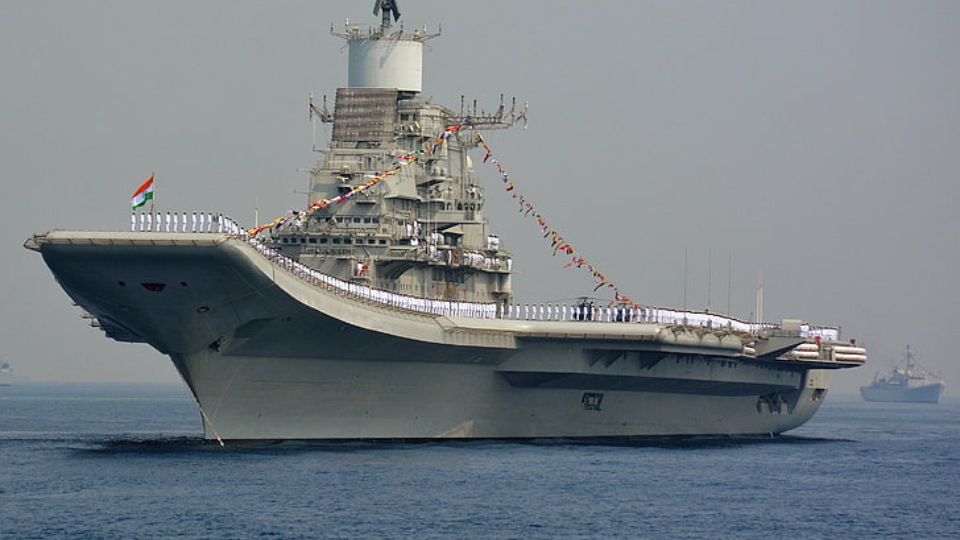Marine engines are the backbone of the shipping industry, powering vessels of all sizes across the vast oceans. Ensuring their reliable and efficient operation is essential for maintaining smooth maritime operations and minimizing disruptions. Tugboats, OSVs, cargo ships, and tankers, in particular, demand frequent maintenance due to their extensive voyages, heavy loads, and continuous operation.
Condition monitoring systems for marine engines provide early detection of potential issues by continuously assessing the engine’s performance and health. These systems enable proactive maintenance measures, preventing costly breakdowns and reducing downtime.
Traditional engine maintenance relies on scheduled inspections and reactive repairs, often missing early signs of potential issues, leading to safety hazards, accidents, and damage to the company’s reputation. This results in higher operating costs and potential fines for non-compliance with regulations. In contrast, condition monitoring systems provide continuous real-time data for early detection and timely corrections, preventing these issues.
Neptunus’ condition monitoring systems are ABS & IR class certified technology specifically designed to predict engine health and identify defects before they escalate. This proactive approach is simple to set up and ensures timely maintenance, safeguarding the vessel’s performance and the company’s operational integrity. Using advanced technology, Neptunus’ systems help prevent costly breakdowns, reduce downtime, and maintain the vessel’s safety and reliability. This not only protects the vessel but also safeguards the company’s brand reputation and market position
Predictive Maintenance: By analyzing engine data, condition monitoring systems can predict when maintenance is required, optimizing maintenance schedules and reducing downtime.
Increased Operational Efficiency: Well-maintained engines operate more efficiently, resulting in improved fuel consumption and lower emissions.
Improved Safety: Regular monitoring helps identify potential safety hazards, ensuring a safer working environment for crew members.
These vessels rely heavily on their vessel engines for propulsion and power generation, making engine condition monitoring a crucial aspect of their operations.
The future of ship engine maintenance lies in the adoption of condition monitoring systems, which offer real-time insights into engine health. By continuously tracking parameters such as vibrations, these systems detect anomalies and potential failures early, enabling timely maintenance and reducing the risk of unexpected breakdowns. This proactive approach ensures uninterrupted power supply and facilitates predictive maintenance strategies, optimizing schedules, and minimizing downtime. As technology advances, condition monitoring will become even more sophisticated, leading to significant cost savings, improved operational efficiency, and enhanced safety standards in the maritime industry.
Source –SpringerOpen– https://jshippingandtrade.springeropen.com/articles/10.1186/s41072-023-00135-y .
Source –IIETA– https://iieta.org/journals/ijsse/paper/10.18280/ijsse.140101
Source- Safety4Sea-https://safety4sea.com/machinery-failure-the-top-cause-of-shipping-incidents-in-last-decade/
Source.Norwegian Maritime Authority
Source – SName- https://www.sname.org/


Industry Segment: Marine
Customer: Port Operator in India
Equiment/Processs: Niigata Diesel Engines
Arm Solution: Engine Condition Monitoring

Industry Segment: Marine
Customer: Port Operator in India
Equiment/Processs: Niigata Diesel Engines
Arm Solution: Engine Condition Monitoring
The engine monitoring system for ship engines uses a non-intrusive speed sensor on the flywheel to measure torsional vibrations and diagnose mechanical behavior and operating conditions, helping to avoid unplanned shutdowns and reduce lifecycle costs.
Yes, the Engine Condition Monitoring System (ECMS) is an ABS & IR class Certified technology that predicts engine health and defects much earlier than other systems by measuring instantaneous angular speed.
Some of the important parameters to monitor in marine engine operation include:
For more information on parameter to monitor in marine engine, click here.
Yes, our condition monitoring solution is compatible with engines of any brand or model, providing in-situ and remote monitoring with a single, non-invasive sensor.
Neptunus Power Plant Services Pvt. Ltd.
India
Neptunus Main Office
A 554/555, TTC Industrial Area,
MIDC Mahape, Navi Mumbai,
Maharashtra 400710, India.
UAE
Neptunus Global Trading (NGT)
Ras Al Khaimah Economic Zone,
RAKEZ Al Mamourah Street,
Ras Al-Khaimah, UAE.
France
dataVIB Impédance
80 Dom. de Montvoisin,
91400 Gometz-la-Ville,
France.